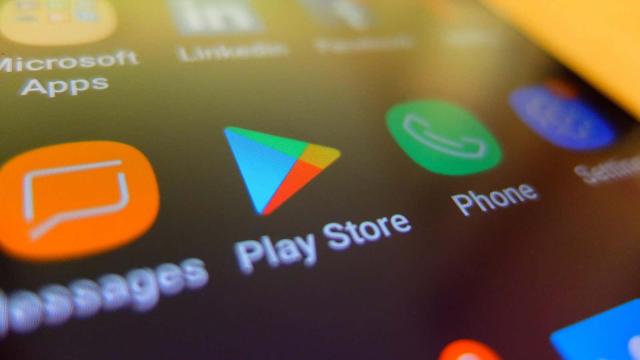The next version of Android isn’t due out until late this year, but it’s as good a time as any to start sniffing around for what’s to come. A recent edit to the Android 14 source code shows that Google is working on stricter API requirements to prevent Android users from installing old apps. It’ll be a boon for security but a bummer for Android diehards who prefer to finetune their smartphone experience through sideloading.
9to5Google discovered that Android 14, by default, will block any apps targeted toward especially old versions of Android, with the plan being to start with the oldest versions and work up to block apps all the way through Android 6. If an app developer — even an independent one — isn’t writing their app to more recent source code than that, Android will deny installation. It looks like device makers will be able to make the block more lenient (by allowing apps aimed at some older versions but not others) or disable it entirely, but the base install you’ll get on Pixel devices will have it fully enabled.
This should make Android feel more secure, especially from malicious apps that use ancient exploits to gain access to sensitive parts of the source code. Android 6 is the baseline because it was the first time Google required apps to ask for access to your contacts, location information, and internal storage. The nastier apps out there tend to target earlier versions of Android to circumvent this.
The Android mobile operating system has been around for a long time. But due to its openness and tinkerability, it’s developed a bit of a reputation for being risky to use if you’re not fully aware of its follies. That’s not good for Google, which is why the company seems to be constantly working to reduce that stigma through new features — and why it wants you only to download apps vetted through the Play Store. With the next version of Android, you might not get as much freedom as you’re used to when installing apps you found on the web. But maybe this means Apple can finally stop using sideloading as an excuse for why Android is less safe than iOS.
